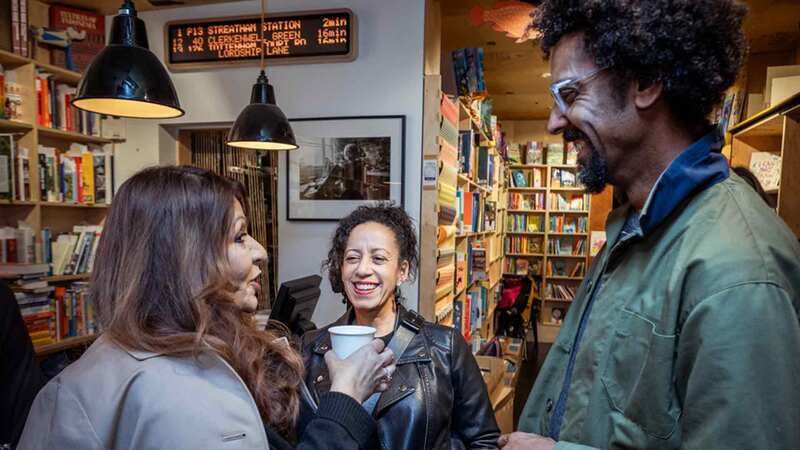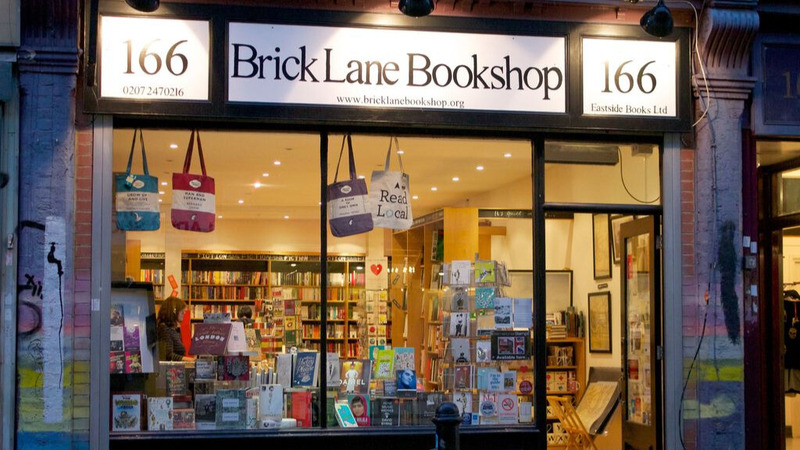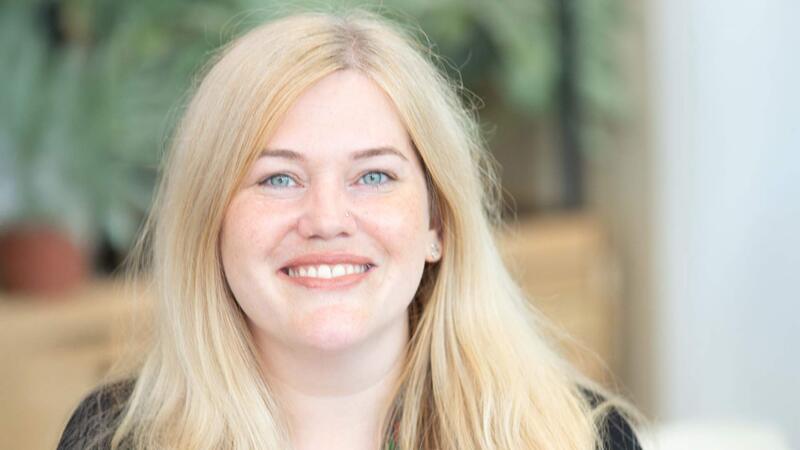You are viewing your 1 free article this month. Login to read more articles.
ACE reports show libraries help older people
New research from Arts Council England has explored the “important contribution” public libraries make to the well-being of older people.
Published today (19th July) and drawing on new research, existing data and case studies, the four reports demonstrate the contributions libraries make to a range of national and local policy areas, including "place-shaping" - the promotion of the general well-being of a community and its citizens - and the well-being of older people.
The first report, Stand by me: The contribution of public libraries to the well-being of older people, explored a range of libraries working to support the elderly, including Wakefield's library which is dementia friendly and organises "high-quality" socialising activities. As the over 75 population will double between 2014 and 2039, the report highlights that the effects of our ageing population are "among the biggest social challenges we face". More than one in three people over 75 use a public library, so "it’s important to look at the role they play in meeting these challenges", the report concluded.
The second report, Re-writing the story: The contribution of public libraries to place-shaping, investigated how libraries contribute to promoting the general well-being of a community and its citizens. The report included a case study of the St Helens library service, which responded to the low participation in arts activities by getting the local community involved in co-producing their Arts in Libraries programme.
The report said: "Libraries can play an important role in place-shaping – they are universal institutions with a distinctly local flavour and can help to promote inclusive local growth. To play a role in place-shaping in their areas, libraries need to be at the heart of local, strategic conversations and respond to local needs".
A third report entitled Libraries as community hubs looked at libraries that are co-located alongside other services within an area. Key findings of this document were that co-location creates "visible benefits" for local residents, partners and the library itself, and that the longer-term benefits of placing libraries at the heart of community hubs "makes unsettling change well worth it."
The final report, Evidencing audience reach, explored the make up of library audiences, concluding that they are "broadly representative" of contemporary England. The research also showed that it is commonplace for people’s use of libraries to fluctuate during their lives, with trigger factors including when people have children, lose a job or are studying.
Discussing the documents, Darren Henley, chief executive at Arts Council England, said: “We commissioned this series of reports to research, test and emphasise the role of libraries in their communities and in people’s lives. They show the important contribution libraries make to a range of national and local policy areas, including place-shaping and the well-being of older people. I hope these reports will be used by both library services and our partners to inform decisions and inspire future work.”
He added: “Libraries reach people everywhere. They’re landmarks in our great towns and cities offering creative opportunities to everyone including in those areas where the arts and cultural infrastructure is thin. We want the contribution of what libraries already achieve and what they could in the future to be better recognised."


















